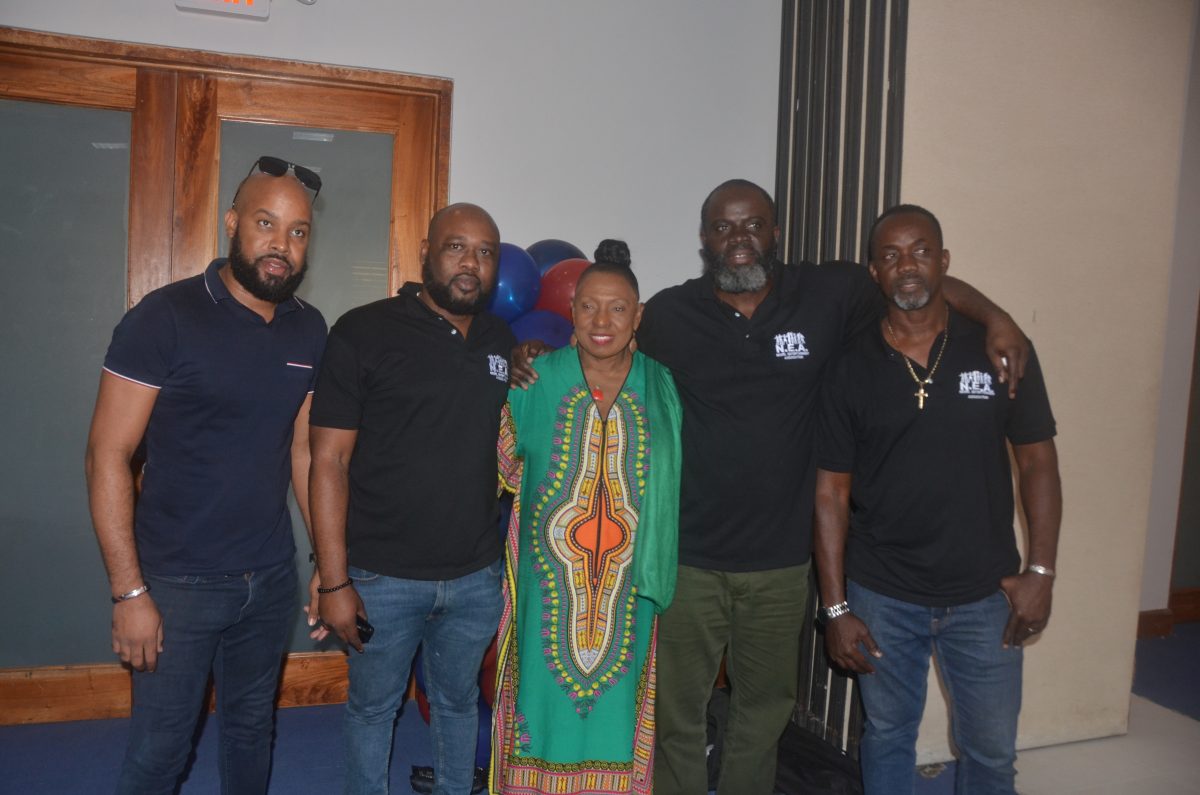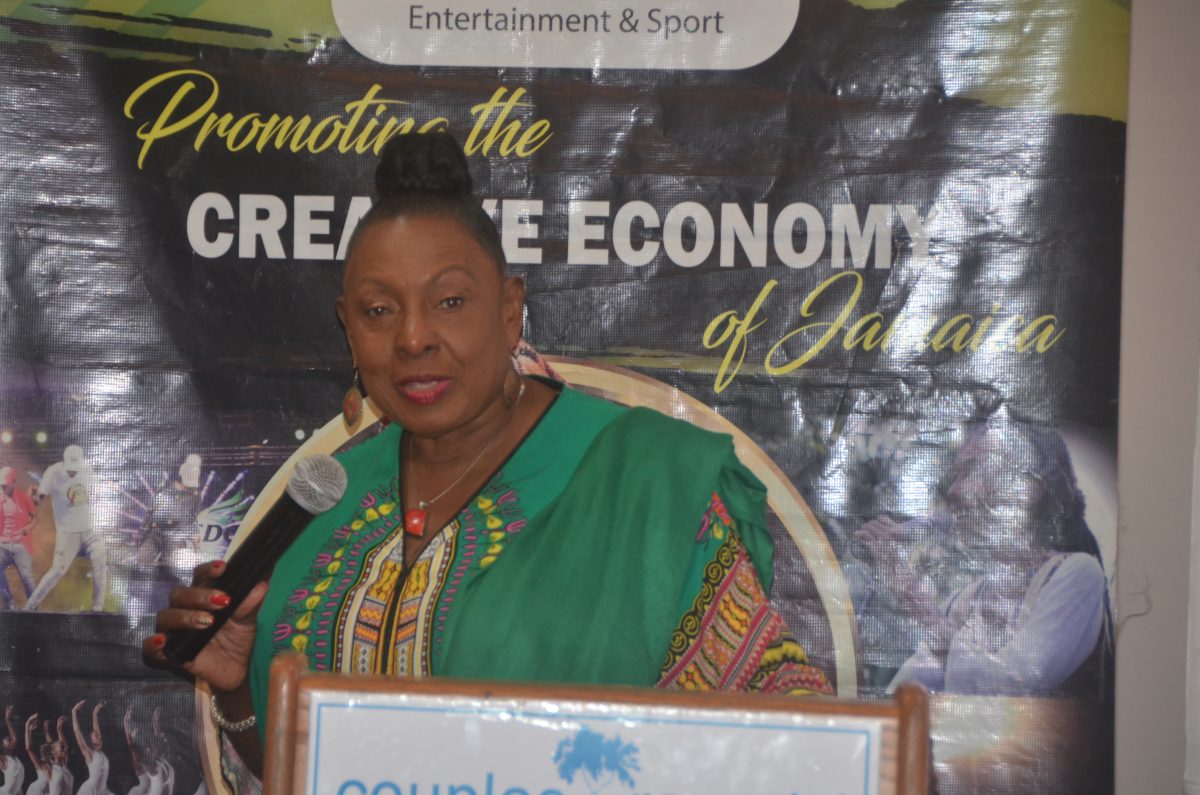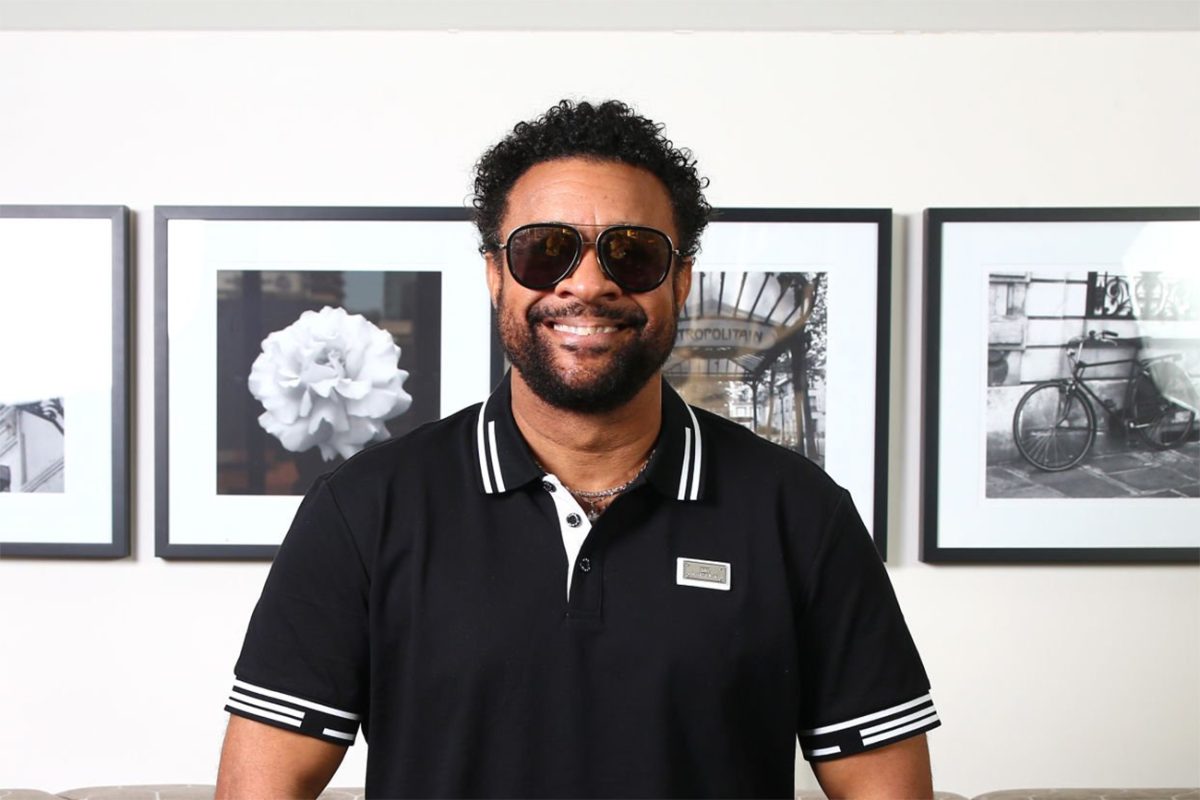Gov’t May Introduce Content Quotas To Get Radio Stations To Play Majority Jamaican Music, Grange Says

Minister of Entertainment Olivia “Babsy” Grange says the Government might have to consider the establishment of minimum quotas to get Jamaica’s radio stations to play majority local music, similar to its Canadian counterparts.
“About five years ago I came to Negril, and spoke at a regional meeting on copyright. And at that time I reported on the large difference between what JACAP earned versus what they paid out in royalties to foreign societies. And we still have that problem, We pay out more to foreigners than we pay to our local creatives. And we really need to do something about it,” the Minister said, in her address at the Negril Entertainment Association’s inaugural conference on Saturday.
“I know the radio stations love to play foreign music, and I also know that we have to work on improving our productions and our output in order to balance. And, of course, Government has a role to play. In Canada, there is a minimum quota for playing local content. And this is something that we also need to look at,” she added.
In March last year, the Jamaica Association of Composers, Authors and Publishers Limited (JACAP) had reported that overseas copyright holders were still collecting the majority of royalties paid over by Jamaican radio stations for playing music.
Data shows that as recent as 2020, of the $106,602,998 in royalties collected by JACAP, only 35 percent—a total of $37,385,556—was paid to local interests while $69,217,442 was paid to foreigners.
Additionally, in 2013, as much as 85 percent of royalties collected by JACAP was paid over to overseas copyright holders.
“It’s absolutely a problem, we are a country with eight genres, we make music in established genres like jazz, R & B, and funk,” ethnomusicologist Dr. Dennis Howard told DancehallMag.
“We have a representation of those genres, we are not playing enough Jamaican music, we are the net importers of copyrighted material, there is a trade imbalance in other areas, and it is a similar situation which exists in music but we never look at music as a viable trade commodities, we don’t encourage it.”
Publicist Ralston Barrett had also told DancehallMag: “I don’t see how as a nation that has produced two very popular genres of music why we are hell-bent on marginalizing our local music. That is one of the reasons why I rubbish the stupid arguments about Jamaican artistes not doing well overseas, if we are not supporting our own, we are not playing Jamaican music as we should, why should others support us?”
In December 2020, Dancehall megastar Shaggy had called for the implementation of a quota system by the Jamaican Government, to ensure that the majority of music played on Jamaican radio stations is from the island, as opposed to overseas.
Shaggy, in calling for at least a 60 percent quota for Jamaican music, had pointed out that in other jurisdictions such as Canada and France, only a small amount of foreign music is able to be played on their local radio, as opposed to Jamaica, where anything goes.
He had also posited that having local music being played on the radio at least 60 percent of the time, would help the island’s streaming numbers.
“For instance, in Canada and in France, is like you have to have 80 percent French music played on the radio, Canada I think is something like 60,” Shaggy lamented during an interview on Onstage.
His compatriot Devin Di Dakta, while also speaking in an Onstage interview, had decried the fact that there was still too much foreign music being played on Jamaican radio stations, to the detriment of the island’s artists.
The 2015 Reggae Grammy nominee had also argued that young entertainers who are focusing on using Trap and Hip Hop beats, were not to be blamed or condemned as many of the island’s radio stations, over the years, had bombarded the airwaves with foreign music.
Consequently, Devin said this kind of influence resulted in many being under the impression that genres like Hip Hop and Trap are superior to Dancehall, Reggae and Jamaica’s other music genres.
“Sometimes you listen to some radio stations and is just bare foreign music. If mi a di Prime Minister and mi have certain power, yuh can’t play certain amount of foreign music pon your radio station; simple things like that,” Devin had said then.
“So even when revenues come in we haffi sen back a lot of it go a foreign when you have so many talents here in Jamaica weh need dat space on the radio. Too much foreign music we have,” he added.
During the International Reggae Day conference in 2015, industry players had lobbied the Broadcasting Commission of Jamaica (BCJ) for the introduction of a content quota system, arguing that limiting the amount of foreign music being aired on local media was the key to strengthening the country’s creative industry.
Veteran music producer Danny Browne who was then chairman of the Jamaica Music Society (JAMMS), had argued that in addition to boosting the local recording industry, the quota system would support the development of local culture and national identity.
The Traffic Blocking producer had said that whilst he was not against foreign content, he did not believe it should be at the peril of our the local music industry.
Browne also referenced Canada, Australia, France, and Nigeria as countries that had imposed local content quotas, even though none of them had given the world at least three distinct genres of music like Jamaica.
However, BCJ Executive Director, Cordell Green had rejected the music stakeholders’ proposal, claiming that it was payola that was the root cause of the problems facing the music fraternity, and was also reason why there is very little variety in the music being played on local media.
Green had said he was not convinced that by setting a local content quota Jamaica would be protecting its music, as according to him, Jamaica’s music ought not to be mandated, but instead played out of respect and love and “not because there are laws forcing us to.”


